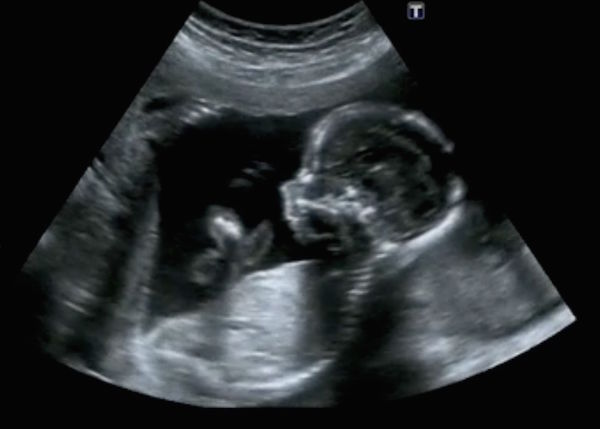
MONDAY, April 30 (HealthDay News) — Widely held wisdom that pacifier use among newborns interferes with breast-feeding is wrong, a new small study suggests.
Analyzing feeding data on nearly 2,250 infants born between June 2010 and August 2011, Oregon Health & Science University researchers learned that limiting use of pacifiers — also known as binkies, corks and soothers — may actually increase babies’ consumption of formula during the birth hospitalization.
“The overarching belief persists that pacifiers interfere with breast-feeding, even though research hasn’t concretely showed they cause a problem,” said study co-author Dr. Laura Kair, a resident in pediatrics at the university’s Doernbecher Children’s Hospital. “We like to rely on our best evidence as physicians, so when we see these results jibe better with our own personal experience than evidence-based practice in our field, it makes us take [note].”
Kair and co-author Dr. Carrie Phillipi, medical director of the hospital’s mother-baby unit, are scheduled to present their findings Monday at the Pediatric Academic Societies’ annual meeting in Boston.
Seeking to determine if eliminating routine pacifier distribution on the hospital’s mother-baby unit would increase the rate of exclusive breast-feeding, Kair and Phillipi learned that this rate actually dropped significantly — from 79 percent to 68 percent — after pacifiers were restricted.
Additionally, the proportion of breast-fed newborns receiving supplemental formula rose from 18 percent before the policy change to 28 percent afterward, while the percentage of babies fed only formula remained statistically unchanged.
To encourage exclusive breast-feeding, which benefits both mothers and babies, the World Health Organization and the United Nations Children’s Fund (UNICEF) recommend that hospitals caring for newborns follow their “Ten Steps to Successful Breastfeeding” — one of which states that pacifiers should not be provided to breast-feeding babies. Hospitals hoping to achieve the status of “Baby-Friendly Hospitals” often follow this recommendation, Phillipi said.
“Parents come to us looking for advice,” Phillipi said. “Our hope in publicizing this study is to stimulate a conversation about the topic, especially as many hospitals are thinking of removing pacifiers to become Baby Friendly.”
Dr. Richard Schanler, chair of the American Academy of Pediatrics’ breast-feeding section, noted that the study did not offer information about how newborns were comforted who did not receive pacifiers or how hospital staff members were educated about this issue during the research.
“You cannot draw conclusions to change health care practices from this type of study,” said Schanler, also associate chairman of the department of pediatrics at Cohen Children’s Medical Center of New York, in New Hyde Park.
Phillipi acknowledged that the study’s results are difficult to apply to individual cases, but “we’re really hoping to bring this conversation to a different level . . . so we’re able to give parents the best evidence possible. Our overall goal is to improve breast-feeding rates . . . we know it’s the best nutrition for babies.”
Research presented at scientific meetings is considered preliminary because it hasn’t yet been peer-reviewed or published in a medical journal.
More information
The U.S. Office on Women’s Health has more about breast-feeding.

